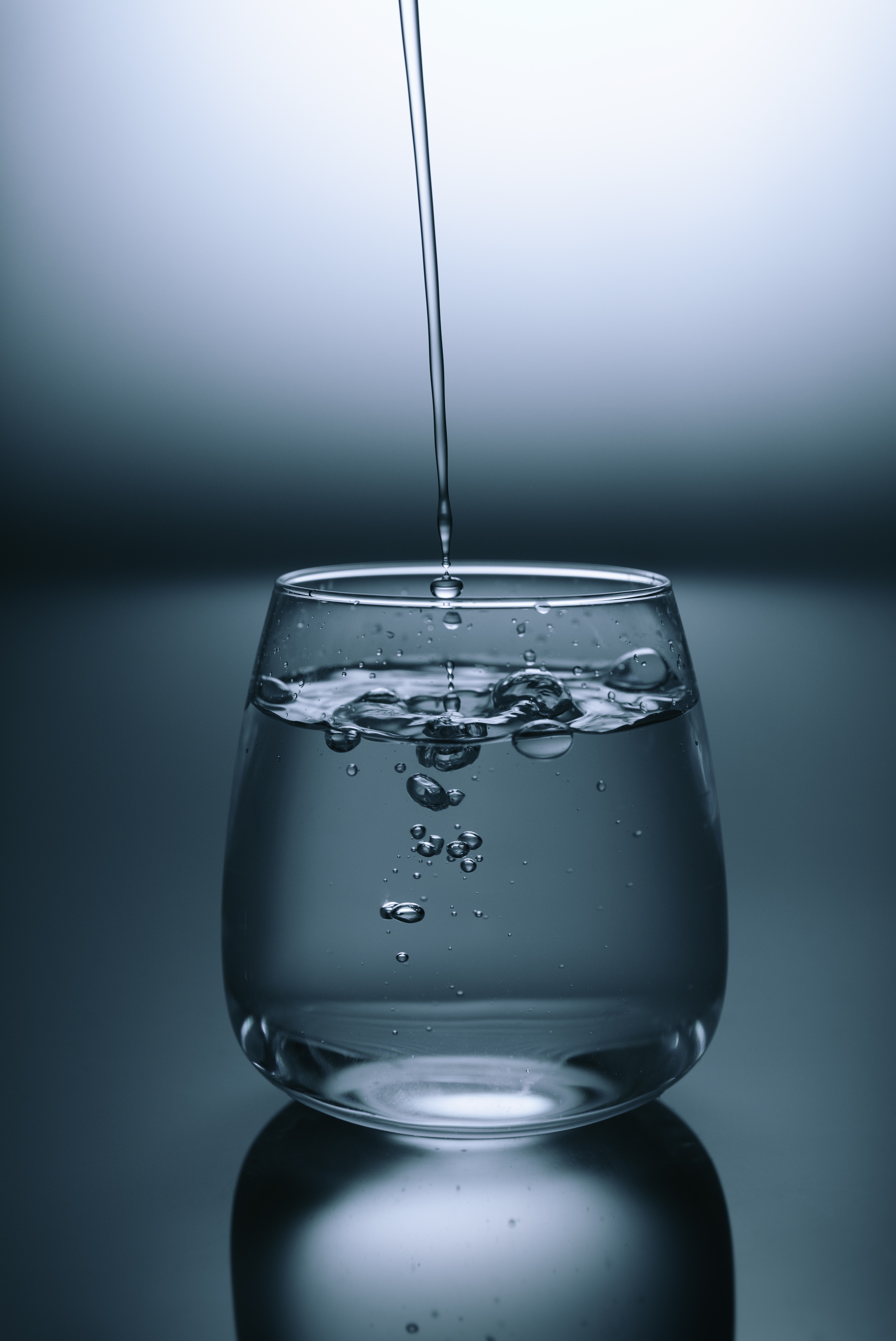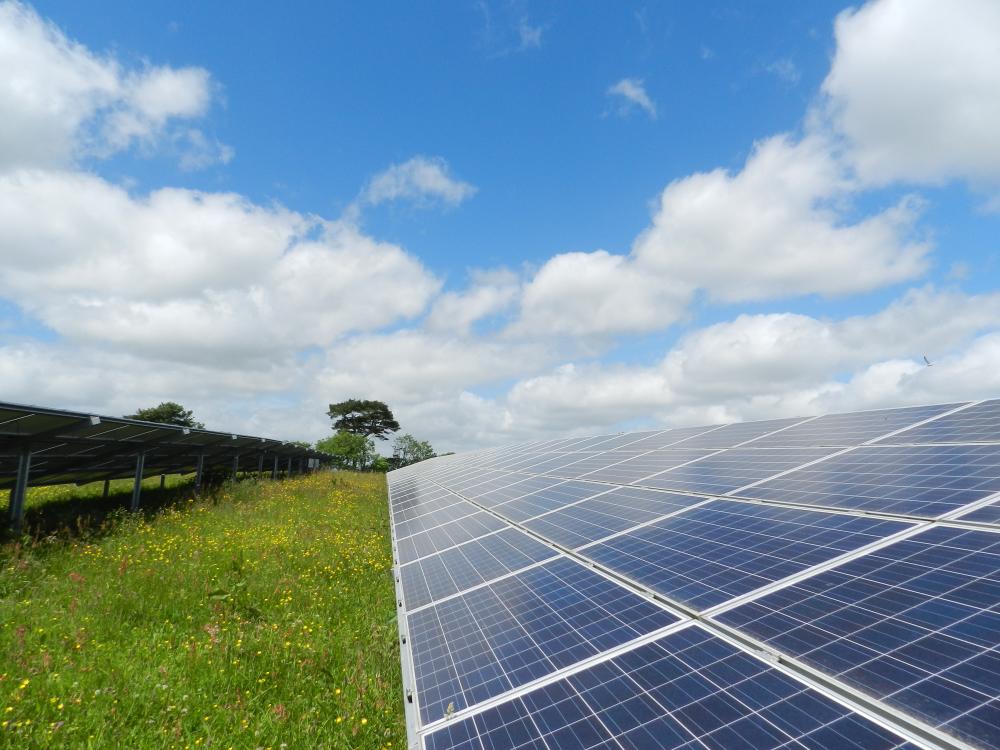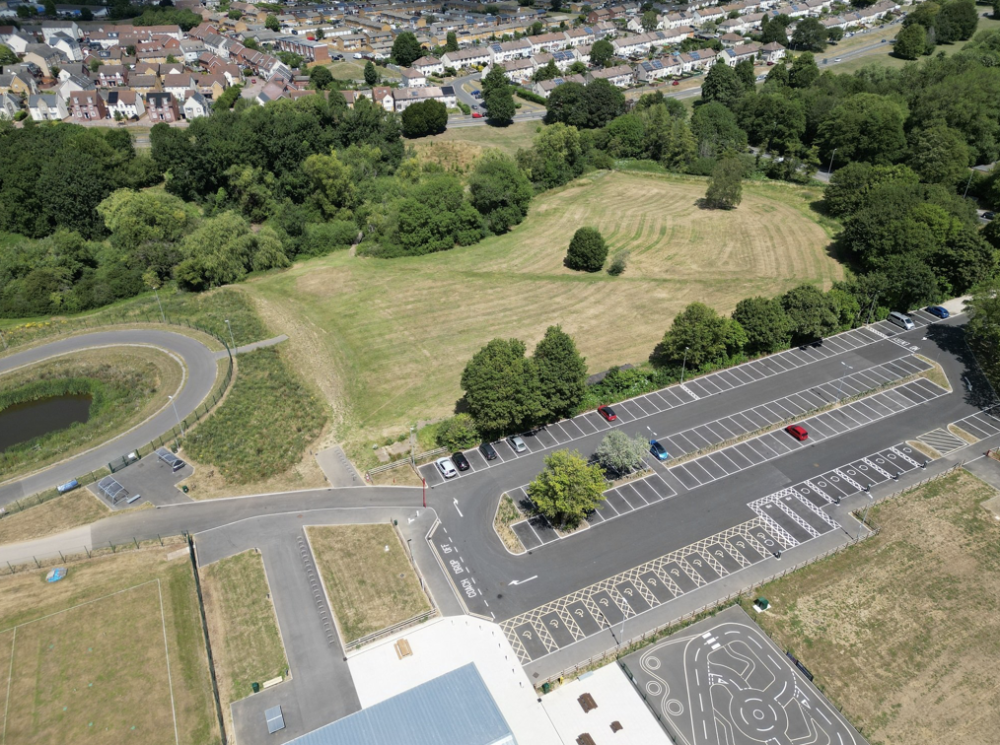Living in Swindon, you’ll know that hard water is a real problem. It messes up pipes. It lessens the life spans of kitchen appliances and clogs up water heaters and washing machines. And it tastes funny.
But have you ever wondered why Swindon suffers from hard water? More importantly, have you ever wondered what can be done about it?
Hard water?
Hard water is water with high mineral content. It forms when water percolates through rocks, with deposits of limestone, chalk or gypsum, on its way around the water cycle. In the case of Swindon, limestone and chalk, which are high in calcium carbonate and magnesium cause very high hardness levels.
Examples of rocks that do not cause hard water are granite and slate, as they only contain small amounts of hardness minerals.
It may also be worth pointing out that there is nothing inherently unsafe about drinking hard water. In fact, according to the WHO, having calcium and magnesium in the drinking water may help with dietary needs.
It’s about the Calcium Carbonate
Water can be categorized as soft, hard or very hard based on the amount of calcium carbonate dissolved in it. The more milligrams of calcium carbonate per liter, the harder the water. Here are the numbers:
-
Less than 150 mg per liter: Soft water
-
Between 150 – 300 mg per liter: Hard water
-
Over 300 mg per liter: Very hard water
In general, soft water is found in Scotland and the north of England, hard water in the middle, and very hard water in the south. The whole process of water becoming hard is completely natural and there is nothing that can be done to stop it, until the water reaches your home, that is.
Dealing with hard water
At the risk of stating the obvious, the best way to soften very hard water is to use a water softener. Many people look at the price of water softeners and think they are an expensive luxury, but they really aren’t. Additionally, if you are short of a bob or two, you can rent a water softener instead of buying one.
IMAGE SOURCE:https://pixabay.com/photos/drip-drop-of-water-wave-wet-water-921067/
If you own your own property, installing a softener will save your pipes and taps, protect your appliances, and extend the lifespan of pretty much anything that uses water. Water pressure is also likely to increase once all hard water deposits have vanished. But even if you’re renting, it may be worth installing a water softener. You will be saving money, protecting your appliances and spend a lot less on soap and detergent.









